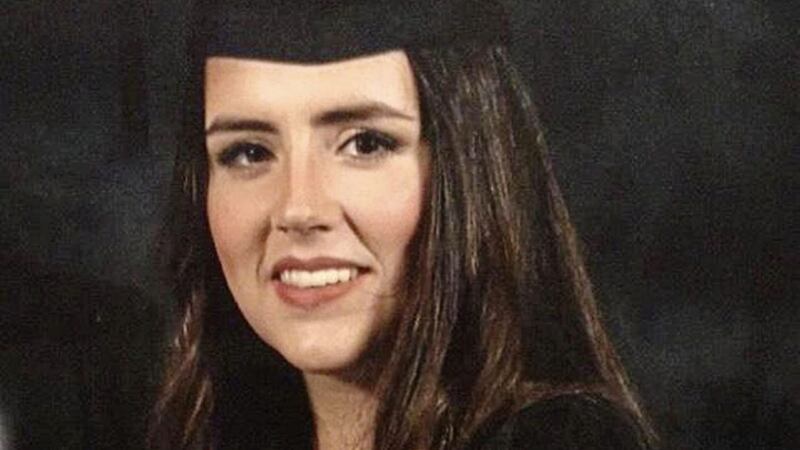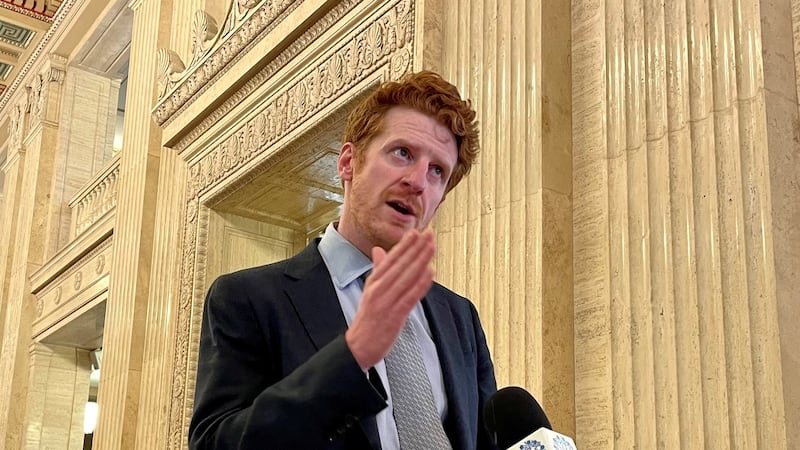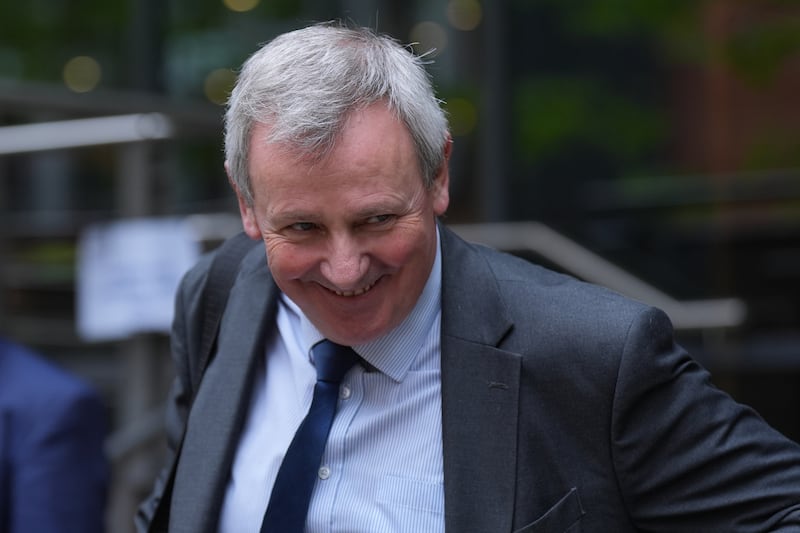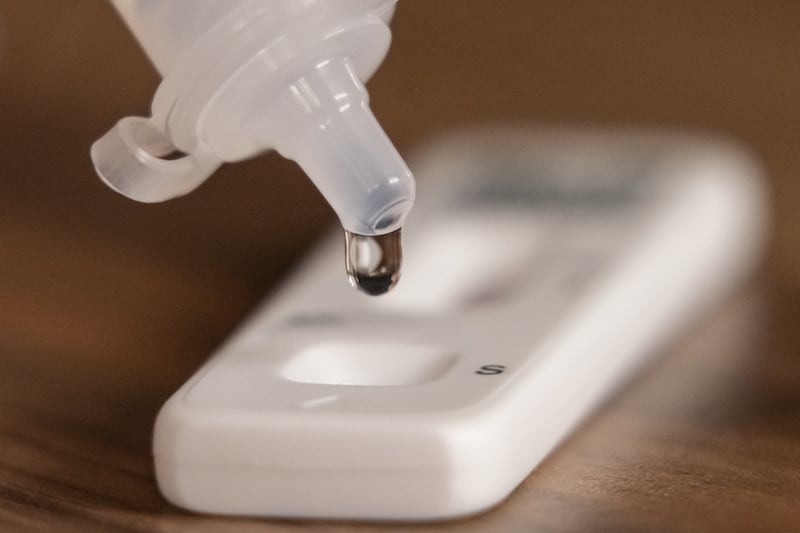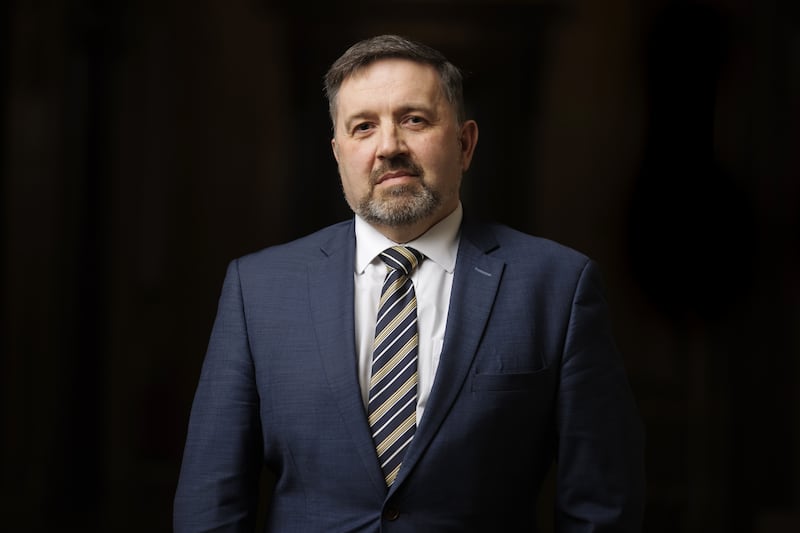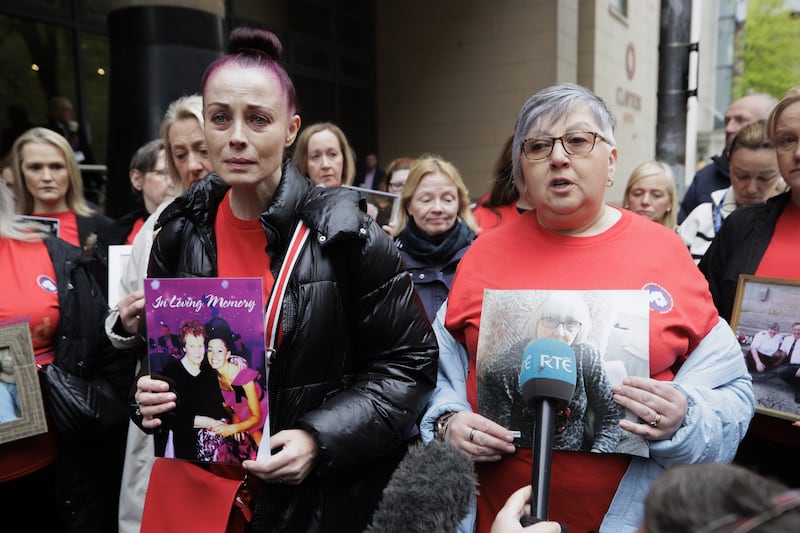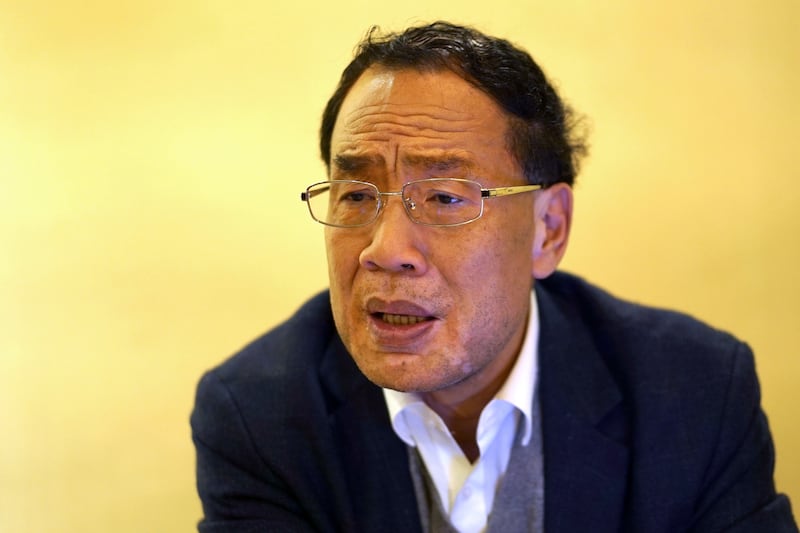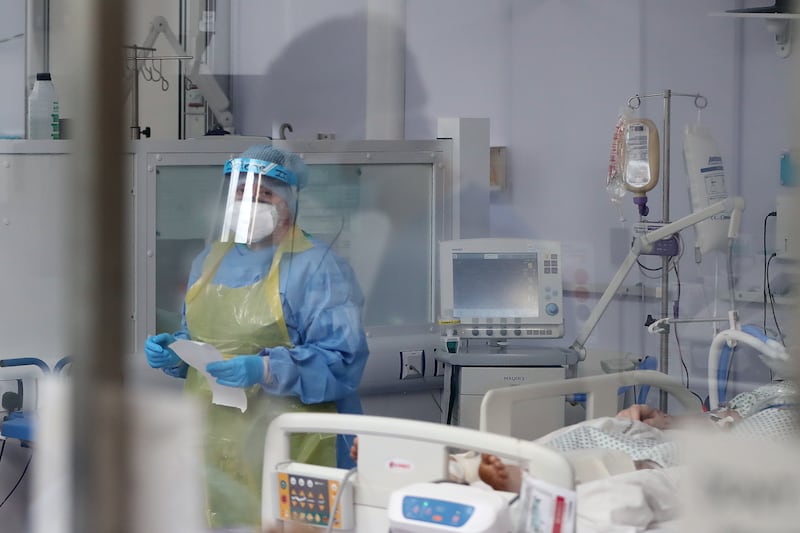STUDENT teachers will face a very different experience to their predecessors this year when they undertake their first teaching practice in Covid classrooms. Here, two young trainees share their thoughts.
::
A NEW generation of Northern Ireland's young teachers believes it will be uniquely equipped to take on the classrooms of tomorrow.
As this year's student teachers head out to schools for their teaching practice, they'll face not only the challenges of those placements, but the added complications of the Covid classroom too.
"For all that though I'm really excited to start this placement," said Etain Hall-Callaghan (25), a student member of the Ulster Teachers' Union and former teaching assistant, who is studying for her Post Graduate Certificate in Education (PGCE) at Ulster University.
"Our PGCE programme has been delivered mostly online which has had its benefits - and its drawbacks. We've talked about many teaching and classroom management strategies in hypothetical terms, now we'll see them put to use in a practical sense.
"However, there's also a fear that some of the brilliant strategies we've been taught may not be practicable within the classroom because of Covid restrictions."
If blended learning - a mix of online and in class lessons - was to become more common, Ms Hall-Callaghan said, students would have had first-hand experience making them some of the best positioned people to introduce and implement it.
"Ours is a profession of resilience and excellence so rather even than our own health and safety I think our main concern lies with that of the pupils. These are such unprecedented times and I believe that we must endeavour especially to promote good mental health within the classroom," she added.
"Over the year our lecturers though have been unwavering in their commitment to us, to the children in every classroom and to the future of this profession and that makes me optimistic looking ahead."
Also preparing for his placement is Philip Wallace (23) from north Down who is studying for his PGCE at Liverpool's Edgehill University.
"I'm keen to get into school because you never know if they might close again and this opportunity will disappear," said Mr Wallace, who found his online learning experience challenging.
"It's been incredibly isolating. There's just been so little face to face contact with anyone. I can sit all day and not have spoken to anyone," he said.
"This is a very intensive course anyway taught over just a year but these circumstances and everything else that's gone along with Covid-19 have increased the stress.
"Primary school teaching was always my plan. I decided in my third year at Ulster University to undertake a Diploma of Professional Practice and as part of that spent time volunteering in a school which has been invaluable as so many of my fellow students haven't even had that much experience."
He said schools in England have stopped all in-class student placements.
"Instead schools in England are hosting six to eight week virtual placements and that's if they even last six weeks. If there's a Covid outbreak the class bubble a student is working with could burst and end their placement," he added.
"Teachers I've spoken to have all said how vital the 12 weeks are just to see your competency develop and to gain confidence so I'm not sure these shorter virtual placements will be enough."
Northern Ireland students on the course, however, were given the chance for in-class placements in the north if they could organise them themselves.
However this means he will be out of sync with his course which will resume after the shorter placement block leaving him juggling placement workload with course demands.
"Despite this though I still felt the face to face class experience would be invaluable," he said.
"What does give me confidence, however, is the support I know I'll have from my colleagues on the placement.
"It's hard to see many positives though I know we've been forced to maybe look more creatively at lesson planning given what's happening and that's good.
"I'm optimistic though that by the end of the year I will graduate and qualify as a primary school teacher. Like everyone else all I can do is follow the guidance and hope for the best. You just have to keep going. You can't put your life on hold."
